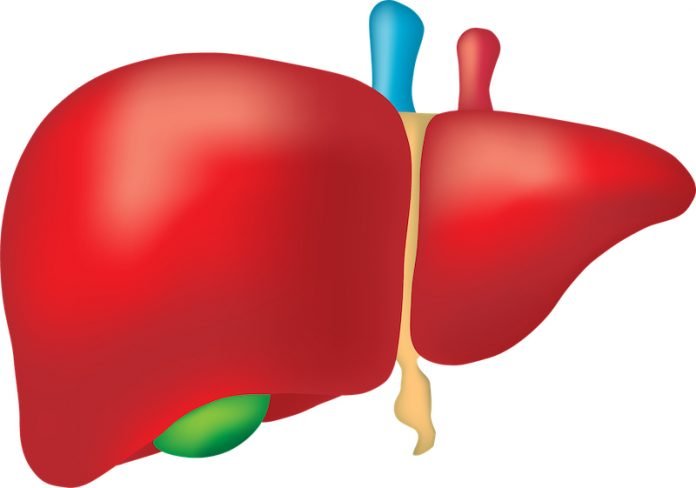
In a new study, researchers found that many participants from the Framingham Heart Study had strong liver fibrosis (scarring).
This the first study of this size and scale done in the United States.
The research was conducted by a team at Boston University.
Before this study, researchers did not know how common asymptomatic liver fibrosis (scarring) was among adults.
In the study, more than 3,000 middle-aged Framingham Heart Study participants (over a three-year period) underwent a test called a Fibroscan that quantifies how much fat is in the liver and also measures the stiffness of the liver.
Liver stiffness correlates with the degree of liver scarring.
The team found that liver fibrosis was linked to more adverse cardio-metabolic risk factors, even after accounting for liver fat which is a known risk factor for the disease.
In particular, they found that about one-quarter of the participants with diabetes had evidence of possibly clinically significant liver fibrosis.
According to the researchers, these findings support the consideration of screening for liver fibrosis in high-risk groups, though additional studies are needed to determine the benefits/costs of screening.
If liver fibrosis is identified early, before cirrhosis is established, it is treatable.
The team believes greater recognition of and awareness of liver fibrosis as a consequence of nonalcoholic fatty liver disease will hopefully allow more patients to receive treatment to prevent complications of advanced liver disease.
One author of the study is Michelle T. Long, MD, Msc, an assistant professor of medicine.
The study is published in Hepatology.
Copyright © 2020 Knowridge Science Report. All rights reserved.



